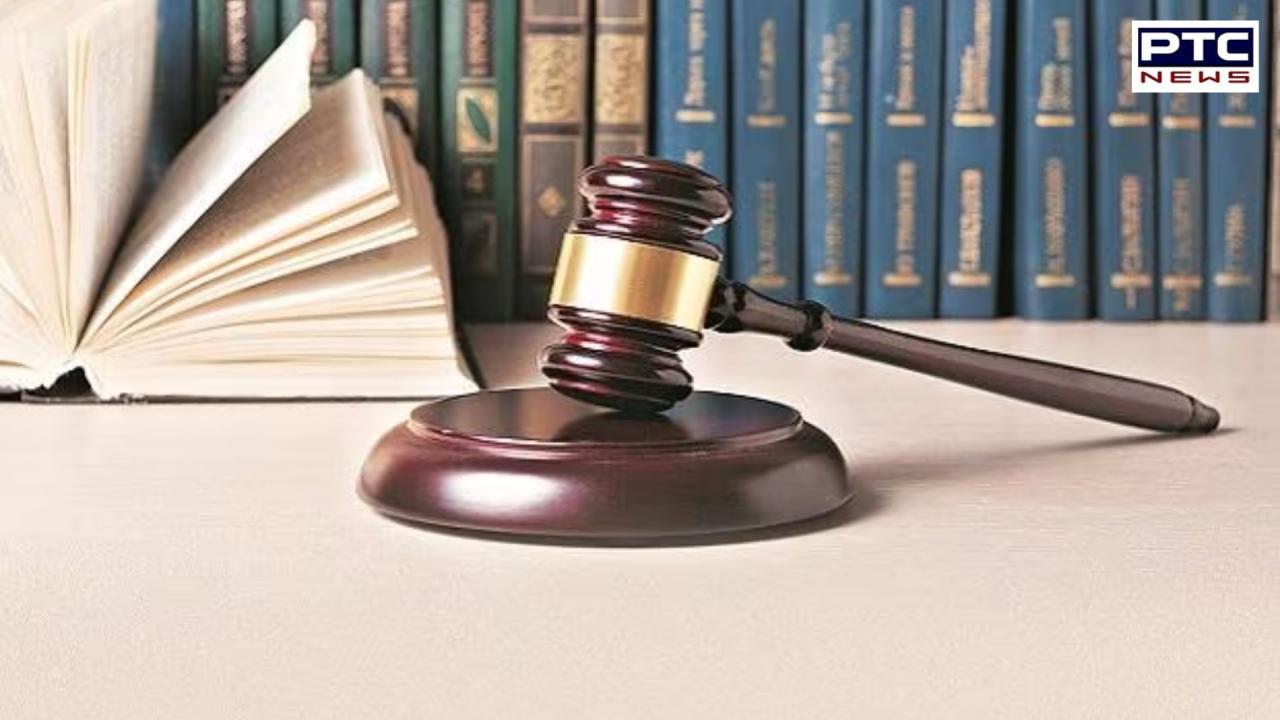New criminal laws replace colonial-era IPC starting today: 10 key points
New Criminal Laws: According to Union Home Minister Amit Shah, the purpose of the amendments is to guarantee "rapid justice and justice to all."
Annesha Barua
July 1st 2024 10:43 AM

PTC News Desk: Today, the whole body of laws from the British era, including the Indian Penal Code, will be replaced by three new criminal codes, bringing a total revamp to India's criminal justice system.
Here are the Top 10 points in this big story:
- The Indian Evidence Act, the Indian Penal Code, and the Code of Criminal Procedure will be replaced by the Bharatiya Nyaya Sanhita, Bharatiya Nagarik Suraksha Sanhita, and the Bharatiya Sakshya Adhiniyam.
- According to the administration, the laws were modified to guarantee quicker justice and to reflect the modern world and the different types of crimes that emerge. Charges must now be framed within 60 days of the first hearing, and judgments must be rendered within 45 days of the trial's conclusion.
- The new legislation would allow anyone, regardless of jurisdiction, to register a police complaint online and serve summonses electronically. They will allow anyone to file a Zero FIR at any police station.
- For all horrible crimes, they mandate that crime scenes be videotaped. Electronic summons service speeds up the legal procedures.
- "Speedy justice and justice to all" is the stated goal of the modification, according to Union Home Minister Amit Shah. According to him, forensic teams and training are necessary for the proper application of these regulations. Forensic teams' visits are now required for offenses carrying a sentence of seven years or more.
- In light of newly emerging crimes such as gang rapes, mob killings, bogus marriage promises, and others, new provisions have been introduced. "This will increase the demand for forensic experts across the country, which the NFSU (National Forensic Science University) will cater to," Mr. Shah stated.
- He continued, "The NFSU was advanced concurrently with the drafting of the new laws." This institution now has campuses in nine states and plans to open locations in sixteen.
- The Congress and opposition parties contend that haste was used in the decision to enact the new criminal laws on July 1. The party argued that more deliberation was necessary before imposing them.
- Mamata Banerjee, the chief minister of West Bengal, has pleaded with Prime Minister Narendra Modi to postpone the enforcement of the "hurriedly passed" laws. Then, she continued, Parliament might examine them again.
- Chief Justice of India DY Chandrachud has stated that these laws "signify a watershed moment for our society because no law affects the day-to-day conduct of our society like the criminal law."
